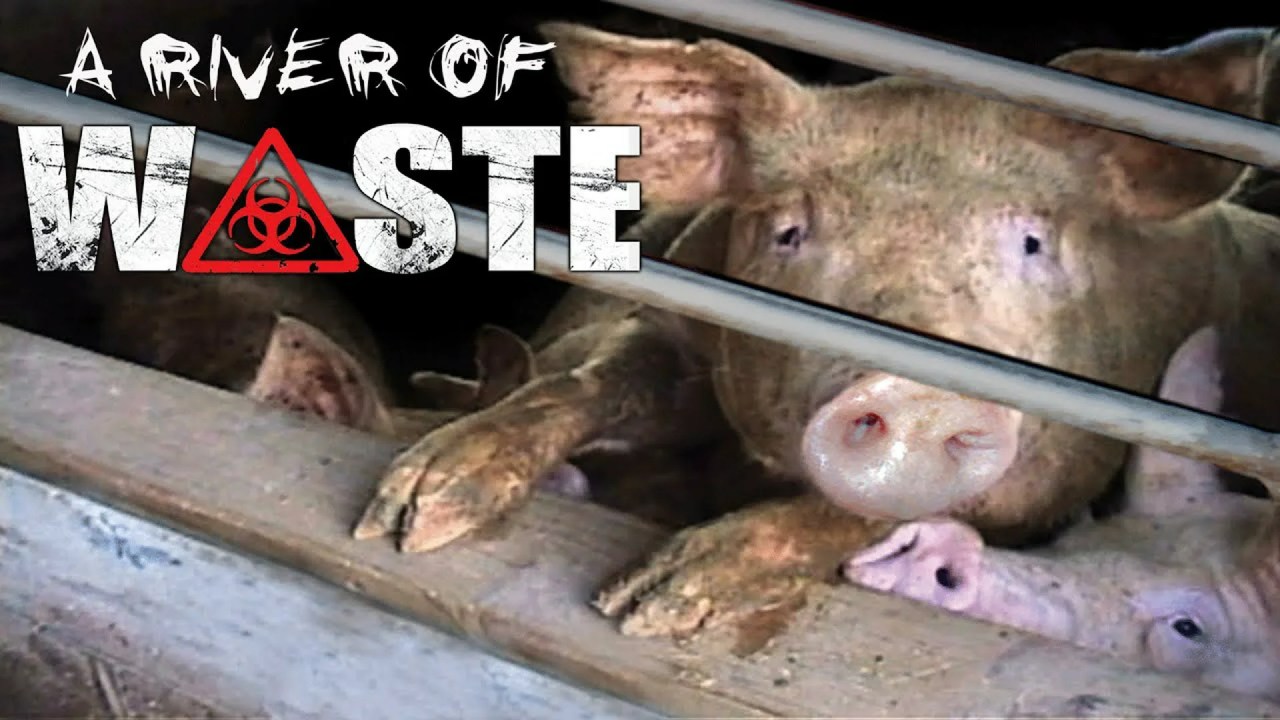The documentary River of Waste shines a light on the devastating consequences that factory farming has had on our environment and our health. By looking at the history of industrial agriculture, the film reveals how large-scale corporate farms have created a situation in which pollutants and growth hormones are endangering both individuals and ecosystems.
This type of intensive production has largely replaced small family farms across the United States, which raises serious ethical questions about food production. Not only are these methods creating an abundance of waste pollution, but they are also putting consumer health at risk. Hormones and antibiotics used to enhance growth can disrupt our bodies’ natural hormonal balance, leading to a host of chronic illnesses.
The documentary takes an in-depth look at where this waste is going: into rivers, lakes, soil, water table aquifers, and other parts of the ecosystem. Unfortunately, these pollutants often go undetected for long periods of time before their effects become apparent on both wildlife and humans alike.
River of Waste paints an alarming picture that everyone should take note of — this is not just an environmental issue but a health one as well. The documentary provides important information about what we can do to change our current practices and safeguard our planet for generations to come. So if you’re interested in learning more about this urgent problem facing us today, be sure to watch River of Waste when it’s released.



